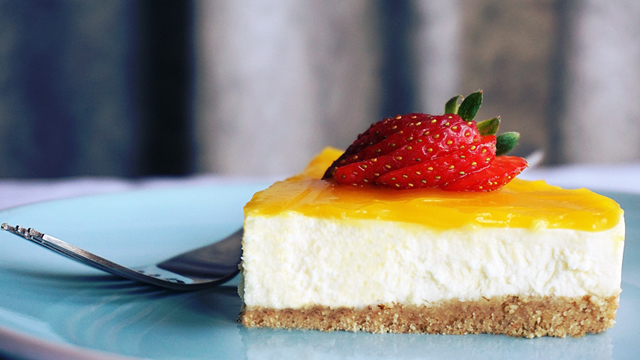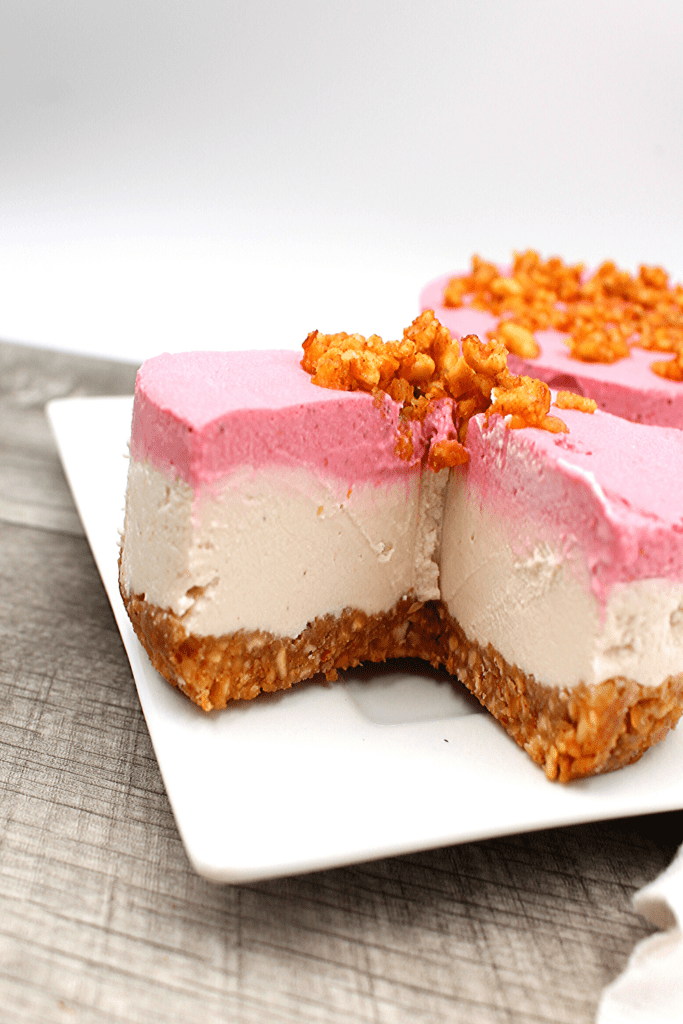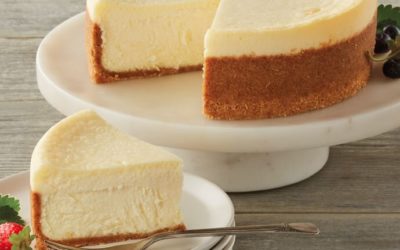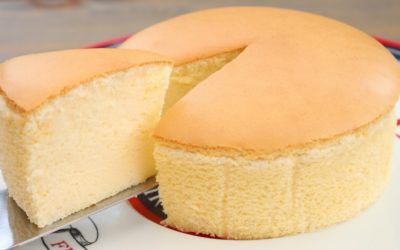You’re likely familiar with the phrase, “Life is too brief. Eat dessert first,” and with so many rich alternatives, it might be enticing to follow this advice. Living with diabetes might make indulging in your favorite sweet treat somewhat more difficult, even though many individuals enjoy eating desserts.
When it comes to diabetes management and maintaining a healthy blood sugar level, it may appear that you will never be able to enjoy dessert again. However, this does not imply that this must be the case! Desserts can still be included in the meal if adequate preparation and planning are done in advance. If you have diabetes, eating a lot of cheesecakes with carbs can cause your blood sugar to surge, which increases the likelihood that you will develop issues related to diabetes.
But if we are unable to consume the kinds of food that we take pleasure in, what is the point? When someone has diabetes, there is a widespread misconception that sweets should be avoided at all costs. However, dessert is not out of the question for people with diabetes; nevertheless, there are a few things to keep in mind.
A Trigger for Diabetics
Imagine your typical dessert. You may imagine a few different things, such as something warm and gooey that smells amazing, something newly baked, or something cold and creamy. Regardless of your taste, most sweet treats contain a high percentage of carbohydrates. All sweet treats have this quality in common with one another. Blood sugar spikes are difficult for people with diabetes to manage, and the mix of wheat, sugar, and dairy in most high-carb sweets can contribute to these spikes.
For instance, a single portion of chocolate cheesecake may include a lot of carbs, specifically more than 38 grams. A rise in blood sugar can be caused by consuming many carbohydrates in a single sitting, but what if it were possible to avoid such a surge altogether? Good news! Continue reading if you want to take control of your diabetes management and indulge in your favorite sweet treat at the same time. The following advice is diabetes-friendly and may be of use.
Count Your Carbs!
Using this technique, you may track the total number of carbohydrates you ingest throughout the day by counting the carbs in the food and drinks you consume. This can help you better prepare for your dessert and regulate the number of carbs you will consume as part of your dessert or other meals. This can also help manage the number of carbs you take in overall. Carb counting will be of use to you in determining the appropriate quantity of insulin to inject before meals if you take insulin before eating. By counting carbs, you can keep track of the number of carbohydrates in cheesecakes and alter the remainder of your carbohydrate consumption appropriately.
Imagine that you treat yourself to a slice of cheesecake. You might count the carbs you eat to help you determine how many extra carbohydrates you should consume at lunch to have room for dessert. You may also reduce the amount of dessert you consume to reduce the carbohydrates and calories you take. Make an effort to consume well-balanced meals with veggies that are low in carbohydrates, lean proteins, and healthy grains. Desserts may easily be incorporated into this meal pattern with the help of some careful preparation. It is possible to feel satisfied after eating a lesser portion of food if dessert is eaten during or immediately after it.
Types of Carbs

Carbohydrates may be broken down into two primary categories: simple carbohydrates and complicated carbs. Foods like candy, cake, and cookies all include simple carbohydrates, which are made up of one or two sugar molecules. Contrarily, food like rice, pasta, and bread are examples of complex carbohydrates. These carbohydrates contain three or more sugar molecules.
Regarding carb counting, you should avoid food rich in simple carbs because of how fast they are absorbed by your body, which might lead to a sudden increase in your blood sugar levels. Complex carbohydrates, on the other hand, are digested more slowly but do not lead to rises in blood sugar levels. So, when counting carbs, focus on complex carbs like those found in fruits, vegetables, and whole grains.
The Carb Content of Cheesecake
Let’s take a more in-depth look at the carbohydrate composition of cheesecake now that we understand the distinction between simple and complex carbohydrates. The vast majority of cheesecakes have both kinds of carbohydrates. The quantity of each kind, on the other hand, changes based on the recipe. For example, a recipe that calls for graham cracker crumbs will have more simple carbs than one that calls for almond flour.
To get an accurate picture of the carb content of cheesecake, you’ll need to look at the nutritional label or ask your server for nutritional information. However, as a general rule of thumb, you can expect a slice of cheesecake to have around 30-40 grams of carbohydrates. Keep in mind that this figure will change based on the ingredients that are used and the size of the slice that is being measured.
Choose Lower-Carb Options
Regarding the number of carbohydrates they contain, sweets are not made equal in any way, shape, or form. In addition to measuring carbs, you may select sweets with a lower carbohydrate content. For instance, the mouthwatering raspberry swirl cheesecake we offer only has 31 grams of carbs. If you choose an option with fewer carbohydrates, you may figuratively have your cake and eat it, too, while still sticking to your strategy for managing your diabetes. You could also use less insulin, reducing the likelihood of your blood sugar becoming unstable.
So Does Cheesecake Have A Lot of Carbs?
The truth is, yes, it does have a lot of carbs. But just because you should steer clear of it doesn’t mean you have to remove it from your diet entirely. When it comes to counting carbohydrates, you should focus on calculating complex carbs, such as those found in fruits, vegetables, and whole grains. And when you do indulge in a slice (or two) of cheesecake, be sure to keep an eye on portion sizes. After all, even healthy foods can be unhealthy if you overeat them!
At Supermoon Cheesecakes, cheesecake can be both delicious and nutritious. Whether you are counting carbs in a cheesecake or just looking for a delightful treat, we have a wide variety of options to suit your tastes and dietary needs. Contact our shop today and try one of our mouthwatering creations. We guarantee you won’t regret it!



